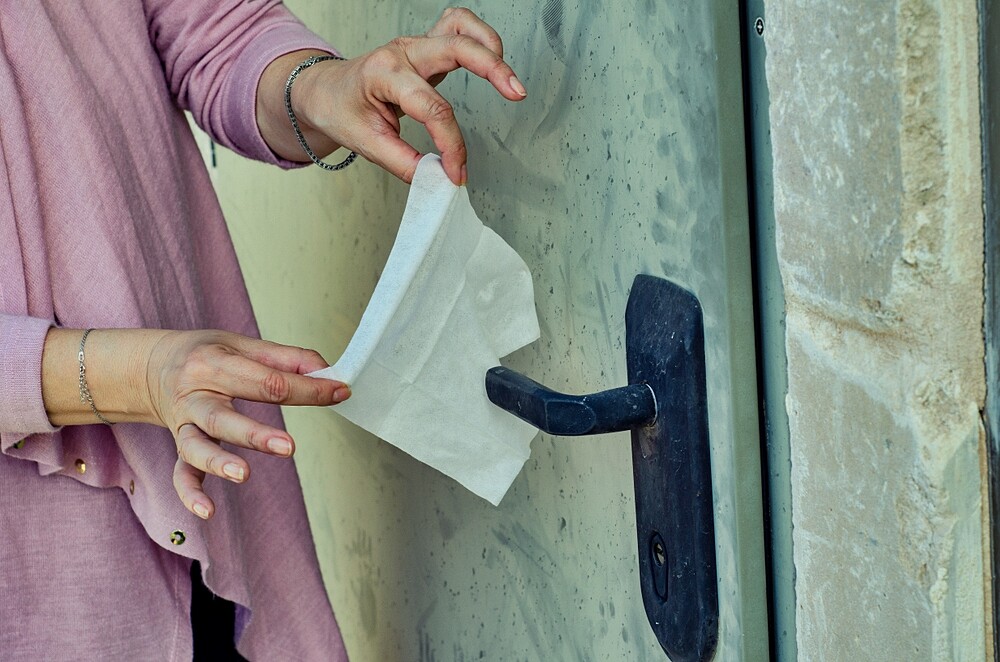Mysophobia is a pathological fear of coming into contact with dirt and thus becoming infected with germs. What helps against it?
What is mysophobia?
Mysophobia refers to a pathologically excessive fear of being infected with bacteria or viruses. Those affected often suffer from extreme washing and cleaning compulsions, are disgusted by the smallest bit of dirt and look everywhere for possible sources of illness. Some mysophobics develop panic attacks when they actually or only apparently come into contact with germs. Those affected avoid touching anything that others have touched, such as train handles or door handles. In the worst case, they even try to avoid any physical contact with others.
What are the effects of mysophobia?
Due to the resulting compulsions, mysophobia is considered in psychology to be an obsessive-compulsive disorder, often unconsciously caused by an acute life crisis. Since those affected believe to see viruses and bacteria everywhere – whether there actually are any or not, it doesn’t matter – their life is usually very limited. Sometimes people hardly dare go outside the door to avoid contamination. As a rule, they clean their own apartment daily. Personal hygiene is also extremely exaggerated, and a lot of disinfectant is also used. This in turn weakens the immune system – and ironically makes it more susceptible to infections.
If the mysophobic person cannot live out his or her compulsion to wash and clean, this can make itself felt through various symptoms. These include:
- Panicky fright
- Severe stress
- Tachycardia
- Weld outbreaks
- Fake
- Shortness of breath
What is mental contamination?
But the mysophobia does not only affect the physical condition. Some mysophobics suffer from the fear of mental contagion. By this they do not understand any real existing germs, but a contamination by words, deeds or thoughts of other people – for example, if someone lies to them or does physical or psychological violence to them. In general, affected persons are very sensitive to attacks of any kind, even if they only read about them.
Mysophobic people who are afraid of mental contamination cannot cope with bad things happening in the world and “suffer” from a high moral understanding. Cleaning and washing their hands does not help them to control these emotions. Often they see the only way out is to withdraw from the “bad people”, they fall into depression and, at worst, become suicidal.
What helps with mysophobia?
Mysophobia can be well treated with the help of psychological behavioural and conversational therapies. The main focus here is on finding the cause of the illness – hypnosis is one of the methods used here. Once the trigger of the mysophobia has been found, the subconscious should be reprogrammed in such a way that the trigger no longer leads to compulsive acts.
If the fear of mental contamination is present, treatment is more difficult because the confrontation therapy that is otherwise often used does not work. Instead, experts are currently relying on the attempt to change the high moral standards of those affected and to positively influence compulsive thinking in order to take away the idea of threat. However, this method has not yet been scientifically proven.

